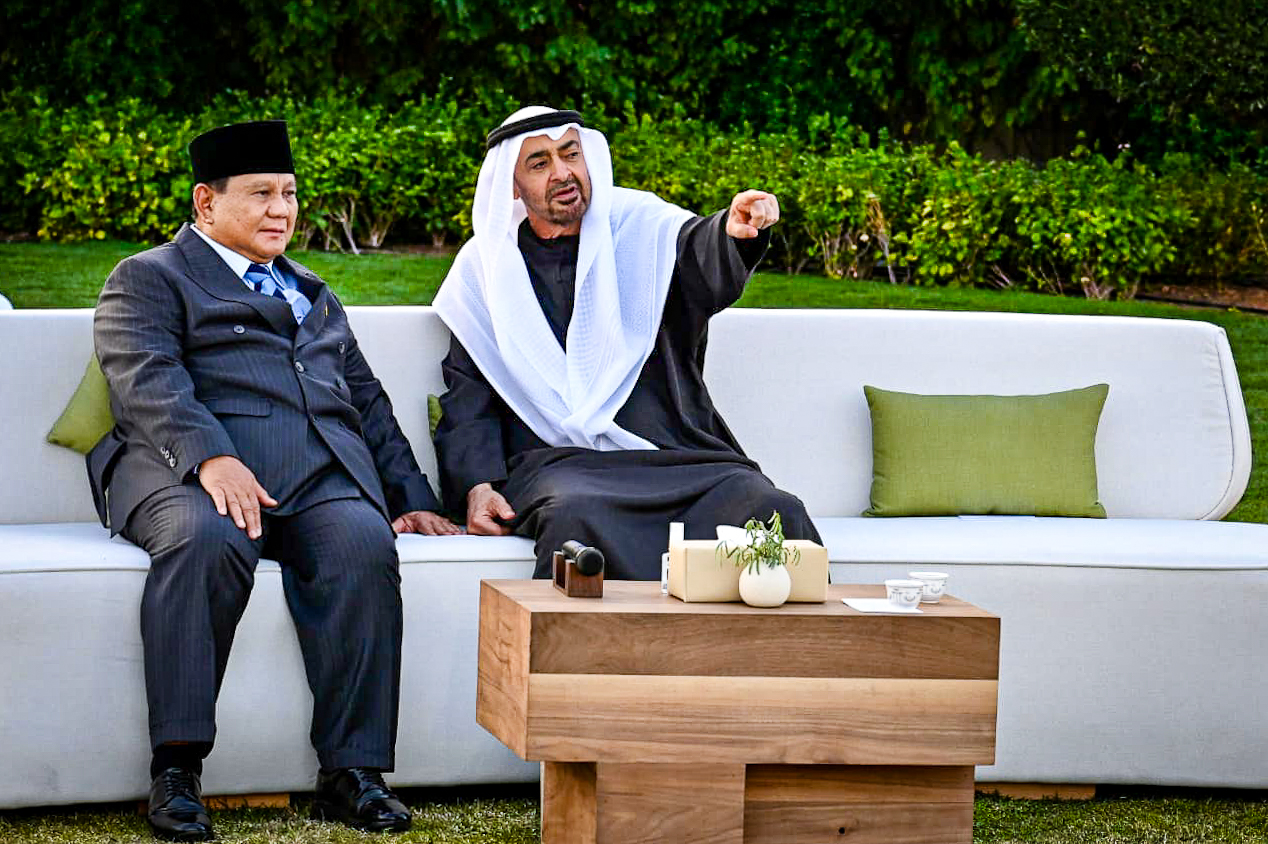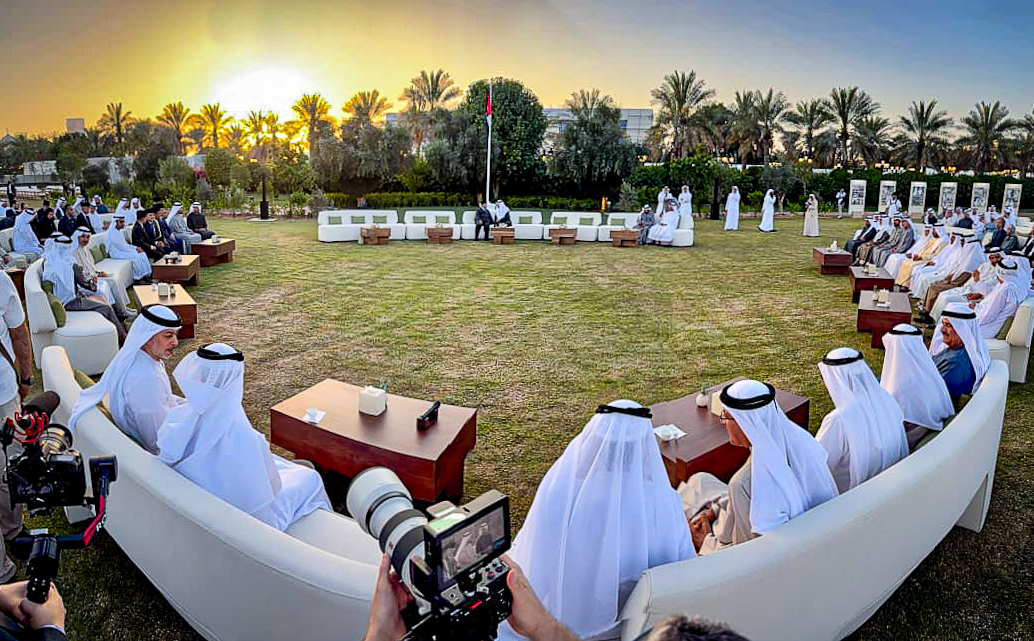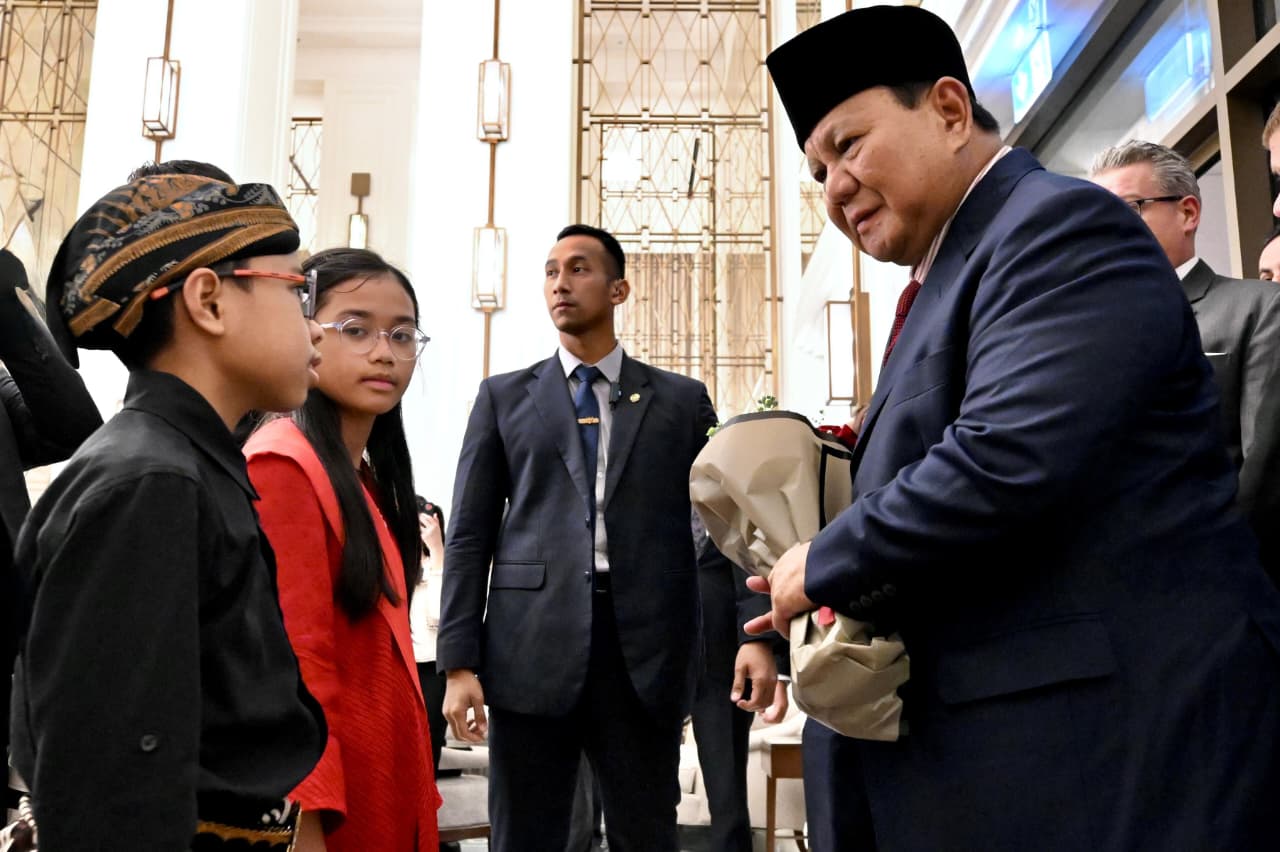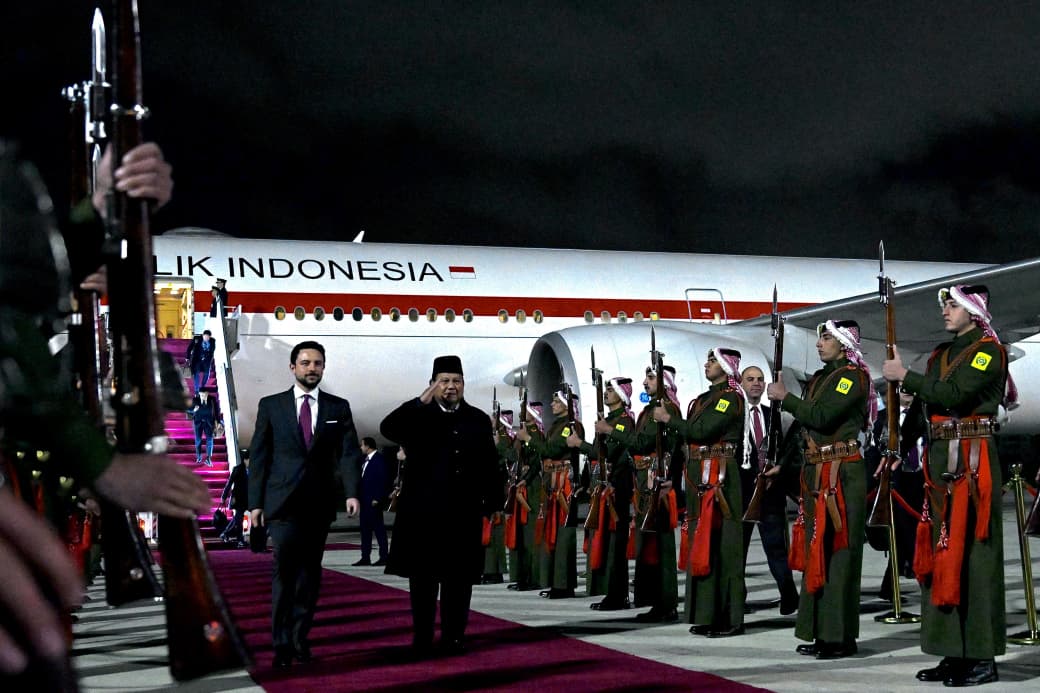Gov’t Issues Circular on Bubble System Health Protocols for G20 Meetings
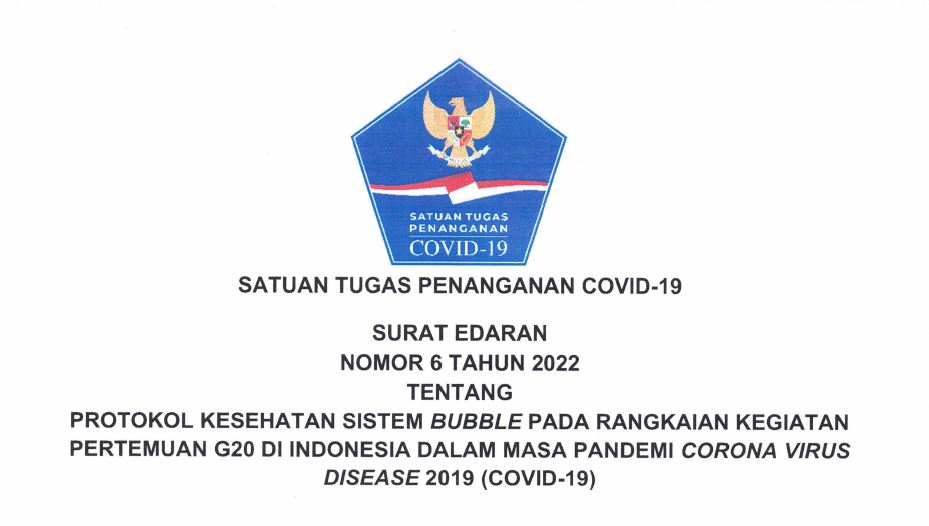
COVID-19 Handling Task Force has issued Circular Number 6 of 2022 on Bubble System Health Protocols of the Series of G20 Meetings during COVID-19 Pandemic that has been in force since it was signed by Head of the COVID-19 Handling Task Force Suharyanto on February 14.
“This circular is effectively in force from February 14, 2022 until the G20 events in Indonesia are officially declared ended by the organizer,” the Circular reads.
According to the circular, a bubble system will be implemented during the series of G20 meetings in Indonesia, so a mechanism to oversee the implementation of bubble system is required to anticipate COVID-19 transmission.
Under the Circular, every party involved in the bubble system mechanism during the series of G20 meetings in Indonesia must strictly comply with health protocols and pay attention to regulations or policies that have been stipulated by the Government.
For the record, the circular was issued to ensure the implementation of health protocols on the G20 bubble system as well as to monitor, oversee, and evaluate the implementation of the mechanism to avoid a spike in COVID-19 transmission, including transmission of new SARS-CoV-2 variants and future variants.
“The scope of this Circular is health protocols implementation in the bubble system mechanism during the series of G20 meetings in Indonesia amid the COVID 19 pandemic, the Circular reads.
The Circular takes into account several legal bases of the issuance of this regulation, including the decision made during a limited meeting on February 7, 2022.
The bubble system, as defined in the Circular, is a travel corridor system that aims to categorize individuals involved into different groups (bubbles) by separating those with COVID-19 exposure risks (based on both contact history and history of traveling to regions where community transmissions have occurred) from the general public. This system also limits interaction only with individuals in the same bubble and implements the principles of quarantine to minimize COVID-19 transmission risk.
The G20 meeting in Indonesia, as defined in the Circular, is the whole series of international event forum between G20 member countries including international organizations as well as other invited parties to be held in Jakarta, Bali, Likupang, Bandung, Batu, Lombok, Banjarmasin, Yogyakarta, Palembang, Bogor, Solo, Malang, Central Java, Manokwari, Labuan Bajo, Makassar, Toba Lake, Jayapura, Banda Aceh, Manado, Semarang, South Kalimantan, Surabaya, South Sulawesi, and Medan as well as in other regencies/cities in all over Indonesia that will be stipulated by the organizer.
The provisions of health protocols stated in the Circular are as follows:
- Individuals subjected to the bubble system of G20 Meetings in Indonesia may enter the bubble area under the following mechanisms:
- Direct flight through the international travel entry point to the bubble area;
- Transit through the international travel entry point and continue domestic travel to the bubble area;
- Carry out domestic travel by air, land, or sea to the bubble area.
- International travel entry points to enter the Indonesian territorial as mentioned in number 1.a and 1.b are stipulated in the Circular of the COVID-19 Handling Task Force on Health Protocols for International Travel during COVID-19 Pandemic and/or the Decree of the COVID-19 Handling Task Force on Entry Points, Places of Quarantine, and RT-PCR Obligations for Indonesian Citizens Carrying Out International Travel.
- Individuals subjected to the bubble system as mentioned in number 1.b and 1.c are obligated to follow travel provisions and requirements stipulated in the Circular of COVID-19 Handling Task Force on Provisions for Domestic Travel during COVID-19 Pandemic.
- All individuals subjected to the bubble system must carry out activities during the series of G20 Meetings in Indonesia based on bubble provisions as follows:
- The first bubble group consists of delegations and entourages as well as VVIPs;
- The second bubble group consists of participants and journalists;
- The third bubble group consists of officers or event organizers; and
- The fourth bubble group consists of supporting staffs.
- Upon arrival on the international travel entry point, all individuals subjected to the bubble system must meet the following provisions/requirements:
- Show a card or certificate (physical or digital) proving that they have been fully vaccinated against COVID-19 at a minimum of fourteen days before departure written in English in addition to the language of origin country, which has been verified on the website of Indonesian Ministry of Health or Indonesian International e-HAC;
- Show a negative result of RT-PCR test conducted in their origin country with the sample taken maximum 3×24 hours before departure and the result is attached during health check or on Indonesian International e-HAC;
- Show official documents proving involvement in the series of G20 Meetings in Indonesia;
- Foreign citizens subjected to the bubble system must meet the following requirements:
- Show a tourist visa or other entrance permits in accordance with the prevailing laws and regulations; and
- Show a proof of health insurance ownership with a minimum coverage value of US$25,000 covering COVID-19 treatment fee and medical evacuation fee to referral hospitals.
- Undergo body temperature checking and RT-PCR test at the arrival on the international travel entry point;
- In the event that the RT-PCR test upon the arrival on the international travel entry point as mentioned in letter e shows a negative result, the individuals subjected to the bubble system must follow the following provisions:
- Individuals subjected to bubble system who are delegates, entourages, and VVIPS can continue their travel by following stipulated procedures up to the pick-up and drop-off to the destination location as per the bubble group; and
- Individuals subjected to bubble system who are participants or event organizers must undergo centralized quarantine and receive the second negative result of RT-PCR test to complete quarantine duration and mechanism as stipulated in the Circular of COVID-19 Handling Task Force on Health Protocols for International Travel during COVID-19 Pandemic before continuing the travel to the destination location as per the bubble group.
- In the event that the RT-PCR test upon the arrival on the international travel entry point as mentioned in letter e shows a positive result, the individuals subjected to the bubble system must follow the following provisions:
- Individuals subjected to the bubble system who are confirmed positive of COVID-19 without symptoms or with mild symptoms are isolated or treated in an isolation facility separated from the bubble area and the fees are entirely borne by foreign nationals independently or by the Government for Indonesian citizens; or
- Individuals subjected to the bubble system who are confirmed positive of COVID-19 with moderate or severe symptoms are isolated or treated at a referral hospital and the fees are entirely borne by foreign nationals independently or by the Government for Indonesian citizens.
- Follow mechanisms and health protocols of the G20 special corridor that are stipulated by organizers or officers upon the arrival and transit to continue travel to the area of bubble system.
- Provisions on vaccination, RT-PCR test, and centralized quarantine as mentioned in number 5 will comply with the Circular of COVID-19 Handling Task Force on Health Protocols for International Travel during COVID-19 Pandemic.
- While in the bubble area, all individuals subjected to the G20 Meetings in Indonesia bubble system must meet the following provisions/requirements:
- Show a card or certificate (physical or digital) proving that they have been fully vaccinated against COVID-19;
- Are only allowed to interact with individuals within the same bubble group as referred to in number 4;
- Are only allowed to conduct activities in zones that have been designated at every facility or infrastructure within the bubble area;
- Undergo antigen rapid test before entering the venue of meetings;
- Are allowed to enter the venue of meeting after receiving a negative result of antigen rapid test as mentioned in letter d;
- Undergo routine antigen rapid test every day and/or RT-PCR test every three day in maximum and show a negative result while in the area of bubble system;
- Undergo routine medical checkup every day to monitor symptoms related to COVID-19;
- Report to the medical staff in the bubble system area when experiencing symptoms related to COVID-19 to be tested for COVID-19 with RT-PCR test; and
- Comply with mechanisms of close contact tracing, isolation, and quarantine that prevail in Indonesia if a positive COVID-19 case is found in the concerned bubble system.
- Mechanisms of close contact tracing, isolation, and quarantine if individuals subjected to the bubble system confirmed positive of COVID-19 during the event in area of the G20 Meetings in Indonesia bubble system must be carried out under following provisions:
- Individuals subjected to the bubble system who are confirmed positive of COVID-19 without symptoms or with mild symptoms are isolated or treated in an isolation facility, namely isolation hotel separated from the bubble area;
- Individuals subjected to the bubble system who are confirmed positive of COVID-19 with moderate or severe symptoms are isolated or treated at a referral hospital;
- Isolation or treatment fees for individuals with positive of COVID-19 as mentioned in letter a and b are entirely borne by foreign nationals independently and by the Government for Indonesian citizens;
- The close contact tracing carried out to all participants in the same bubble group with positive case of COVID-19 is based on mechanisms that are stipulated and conducted by local health agency; and
- The referral hospital in every area of bubble system as mentioned in letter b must have capacity and supporting facilities at minimum similar as a class A hospital has. If the referral hospital does not meet the minimum criteria, it must cooperate with a class A hospital in the area of bubble system.
- All individuals subjected to the bubble system in the bubble system mechanism must strictly observe the following health protocols while in the bubble system area:
- Wear a three-ply cloth face mask or medical mask that covers the nose, mouth, and chin;
- Change the mask routinely every four hours and dispose of the mask waste to a designated place;
- Wash hands periodically using water and soap or hand sanitizer, especially after touching items that have been touched by others;
- Maintain a distance of minimum 1.5 meters from others and avoid crowd; and
- Use PeduliLindungi application while doing activities in the bubble area.
- After completing activities in the series of G20 Meetings in Indonesia, all individuals subjected to the bubble system must comply with following provisions:
- Health protocols or requirements for international travelers that prevail in the destination country/region.
- Health protocols or requirements for domestic traveler that prevail in the destination location/region.
- Facilities or infrastructure used in the bubble system area must meet the following provisions/requirements:
- Create communication, information, and educational media as well as carry out massive dissemination of observing health protocols;
- Have facilities or supporting infrastructure that can be used separately in each bubble group;
- Have supporting workers, as follows:
- Health protocol operational security and monitoring workers;
- Health care workers, at least doctors and nurses; and
- Supporting health protocol enforcement workers, at least administration workers, cleaning service workers, and cooks.
- Have a system that monitors health protocol implementation, such as TV cameras,
- Have lodging rooms that meet the provisions as follows:
- Have adequate windows or ventilations;
- Have adequate lighting;
- Have trash bins with a cover and plastics for infectious waste;
- Have floor covering that is easy to clean; and
- Have a bathroom in every room.
- Have lodging rooms that can be used by more than one person or family and meet the requirements as referred to in letter e;
- Have areas that serve as a place to take specimens and to observe health equipped with at least a thermometer for body temperature, stethoscope, sphygmomanometer, oximeter, medicines, and other basic medical devices;
- Have areas that function as a drop off and pick up point, registration area, decontamination or disinfection area, area for outdoor activities, area to take or examine specimens, and medical checkup area;
- Have quarantine and isolation rooms separated from the bubble system area as the area to enforce quarantine and isolation to international travelers subjected the bubble system mechanisms as well as officers and employees at the facilities or infrastructure within the bubble system area;
- Have a special break room for supporting workers who are directly involved in the monitoring, supervision, and implementation of health protocols;
- Have waste disposal facilities that meet at least the following environment sanitation standards:
- Separate organic and inorganic waste;
- Are available in an adequate number; and
- Have temporary disposal sites (TPS) and hazardous and toxic waste disposal sites.
- Have disinfecting tools and materials; and
- Have personal protective equipment supplies.
- Every operator of transportation mode at the international entry point is required to use PeduliLindungi application.
- Port Health Authority (KKP) of International Airport facilitates Indonesian or foreign citizens subjected to the bubble system who require emergency medical service on arrival in Indonesia in accordance with the prevailing provisions.
- Ministries/institutions/regional governments that carry out functions related to the bubble system mechanism follow up on this Circular by issuing a legal instrument that is in line with and not against this Circular and in accordance with the prevailing laws and regulations.
- The legal instrument as referred to in number 14 is an inseparable part of this Circular.
The Circular also states provisions on monitoring, control, and evaluation, as follows:
1. A Central Task Force for Health Protocols during the Series of G20 Meetings must be created. This task force will carry out monitoring, overseeing, and evaluation of the implementation of health protocols during the G20 Meetings in the bubble system area.
2. The management of the bubble system area, assisted with related ministries/institutions, the Indonesian National Defense Forces (TNI), the Indonesian National Police (Polri), and regional governments in places of the series of G20 Meetings in Indonesia, must create a Bubble Area Task Force that carries out prevention, health treatment, fostering, and supporting functions in order to control the implementation of health protocols in the bubble system area.
3. The monitoring and evaluation of the Bubble System Task Force are carried out periodically and in stages by the Central Task Force for Health Protocols during the Series of G20 Meetings and Coordinating Ministry for Economic Affairs.
4. Ministries/institutions, TNI, Polri, and regional governments have the right to stop and/or enforce activities in the bubble system area on the basis of this Circular, in line with and not against the prevailing laws and regulations.
5. Ministries/institutions, TNI, and Polri assisted with Airport COVID-19 Task Force c.q. KKP of International Airport carry out routine supervision to ensure compliance with health protocols at the entry point of the airport and in the bubble system area during COVID-19 pandemic.
6. Authorized institutions (ministries/institutions, TNI, Polri, and regional governments) must ensure COVID-19 health protocols compliance and law enforcement in accordance with the prevailing laws and regulations. (COVID-19 Task Force/UN) (AP/MMB)





